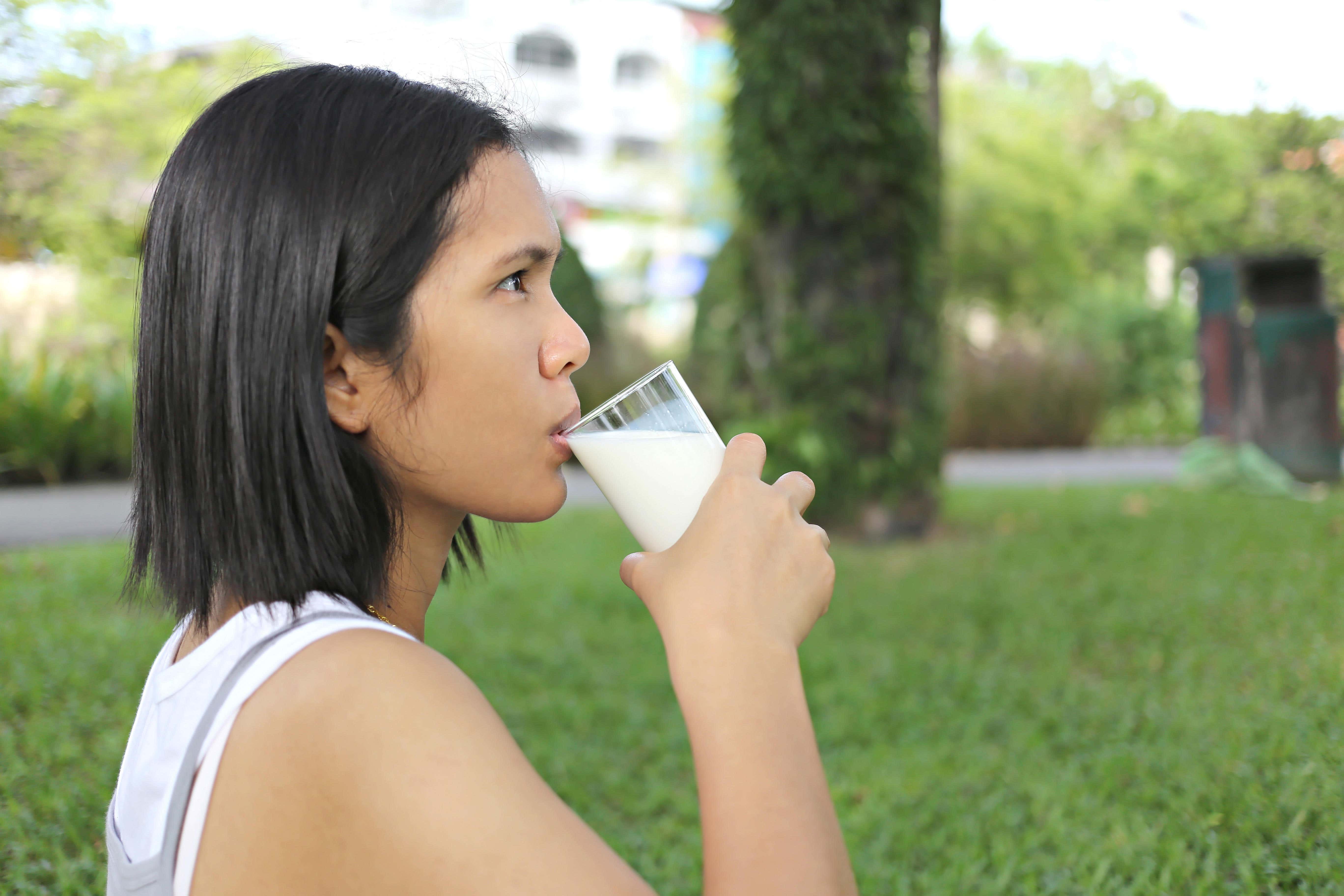If you’re kicking off the year attempting Veganuary, the chances are that you’ve switched your dairy-filled flat white for a soya one and have made almond milk your default choice for cereals and smoothies. We’re spoiled for choice when it comes to viable dairy alternatives, but is our health actually better off for our non-dairy choices? Apparently not, if a new study has anything to do with it. Brand new research which analysed the diets of more than 350,000 Brits, showed that plant-based milk drinkers could be more susceptible to depression compared with traditional milk drinkers.

Plant-based milk varieties have been a hotly debated topic for quite some time, with growing skepticism as a result of studies associating dairy alternatives to abdominal discomfort, skin issues and blood glucose spikes. But on the flip side many of us are unable to digest cow’s milk thanks to its high lactose content, which can bring its own set of problems including aggravating skin health and impeding digestion. Findings from the decade-long study carried out by researchers at Southern Medical University in Guangzhou, China, found that semi-skimmed cow’s milk drinkers were 12 per cent less likely to be depressed and 10 per cent less likely to experience anxiety.
![[Where did it all go so wrong for oat milk?]](https://static.standard.co.uk/2024/04/09/13/33/GettyImages-1455765360.jpg?crop=8:5,smart&quality=75&auto=webp&width=960)
On a nutritional level, the idea is that the fatty acid profile of cow’s milk is more brain-protective than full-fat milk and skimmed milk, which was the driving factor in reducing the risk of depression and anxiety. Cow’s milk also contains vitamin D which is a crucial nutrient that plays a role in mood regulation and calcium which has been found to help increase levels of the happy hormone serotonin. The nutrient profile of plant milks can enormously vary depending on brand, quality and fortified nutrients. For example, if you scour nutrition labels you’ll find that many plant milks contain more phytonutrients and less saturated fats than cow’s milk. Dairy alternatives are also usually fortified with extra nutrients such as vitamin D, B12 and calcium. On the downside, plant-based milks are generally lower in protein than their dairy counterparts and sweetened varieties of oat, soya and other plant-based milks can contain eye-watering amounts of sugar.
![['Microdosing magic mushrooms helped me overcome the grief of dad's death']](https://static.standard.co.uk/2024/01/10/11/08/thumbnail_Sarah%20Duguid.jpg?crop=8:5,smart&quality=75&auto=webp&width=960)
















.JPG?trim=155,0,157,0&quality=100&auto=webp&width=1920)





